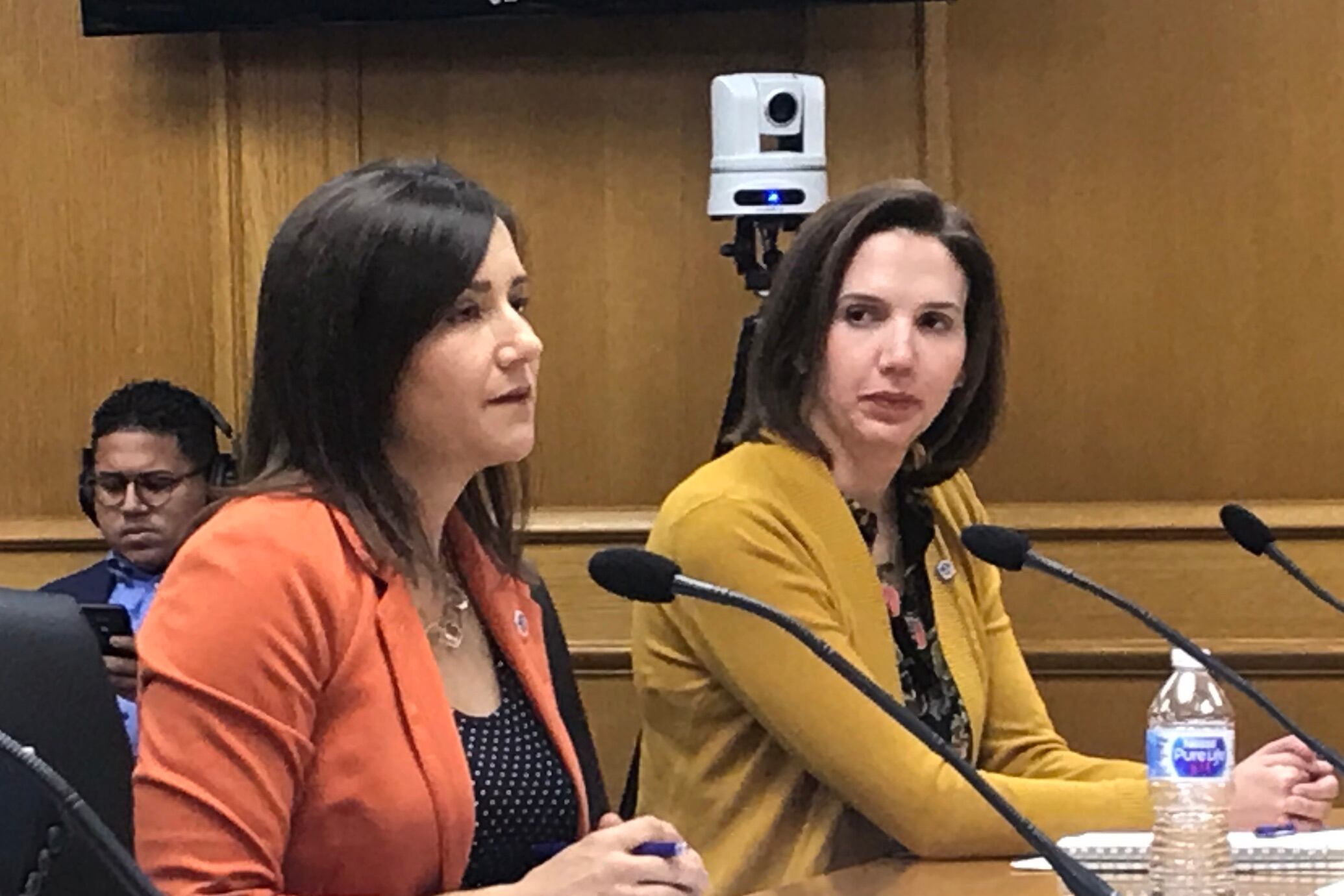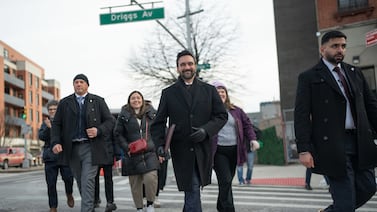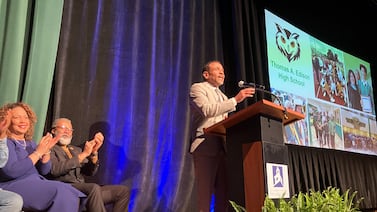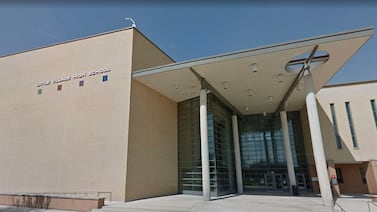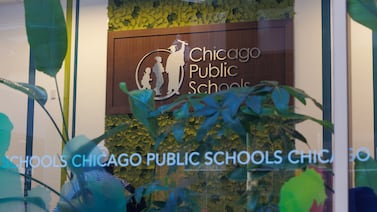The leader of Tennessee’s new charter school commission is recommending the state overturn a Nashville school board decision that is preventing a successful charter operator from opening a second Nashville campus.
Executive Director Tess Stovall sided Monday with the operators of Nashville Classical, whose application was denied this spring by Metro Nashville’s school board.
Stovall also agreed with a local board’s denial of a proposed arts-focused high school in Fayette County, east of Memphis.
The Tennessee Public Charter School Commission is set to vote Oct. 12 on both appeals, which are the first to come before the body since its creation under a 2019 state law championed by Gov. Bill Lee.
Appeals previously were heard by the Tennessee State Board of Education. But Lee, who has received national attention for his charter advocacy, argued the state needed a single board focused solely on ensuring that high-quality charter schools can open and ineffective ones are closed.
The new commission’s decisions on appeals will be closely watched — both by charter and traditional school leaders. They’re anxious to see if the nine-member panel will continue the state board’s typical deference to local school boards, which have been the primary gatekeepers on charter expansion.
Under the 2019 law, the commission also has power to authorize new charters anywhere in the state as part of the appeals process. Previously, the state board’s authorization power was limited to applicants from the state’s urban areas.
Currently, about one out of every 22 public school students in Tennessee attends a charter school. Tennessee has 115 such schools, which so far have opened only in the state’s big cities.
Only seven charter applications — much fewer than usual — were submitted this year to five Tennessee districts. Hamilton County Schools approved two, while four others were denied, and one is pending in Rutherford County. No applications were submitted to Shelby County Schools which, with 56 charter schools, oversees the most of any Tennessee district.
Stovall, who previously led charter review for the state board, was picked by the commission last year to helm its work.
The operators of Nashville Classical have operated a literacy-focused charter school in east Nashville since 2012 and seek to open a K-8 campus in west Nashville. In denying its application, the Nashville board said the proposed location “is not likely to support a school” and cited concerns about enrollment.
But Stovall said the state’s review team found “sufficient community demand” for a charter option in west Nashville — and that the operator’s plan to start in 2022 with only 81 kindergarten students “allows them time to build further community and parent connections before expanding to serve additional grades.”
If the commission follows her recommendation and overturns the local decision, the Nashville board and Nashville Classical will have 30 days to reach an agreement. If that doesn’t happen, the commission could authorize the school itself and provide oversight under a state-operated district.
On the Fayette County charter proposal, Stovall agreed with the local school board that the application “did not meet the standard.”
“The review committee found that, while the sponsor had a clear mission and vision, it lacked evidence that it could execute a high-quality academic plan,” her report said.

